Two persistent problems that affect a significant portion of Indian women are poverty and violation of their human rights. In recent years, micro-credit has come to be viewed as a vital tool to ameliorate both conditions. However, there are few studies in the Indian context which test the validity of the assumption that there is a linear link between micro-credit, poverty reduction and women`s empowerment. This important and thought provoking volume brings together revealing case studies of micro-credit interventions made by six non-governmental and quasi-governmental bodies in five states of peninsular India, several of which have been supported by the United Nations Development Programme (UNDP). The six case studies are diverse in terms of their socio-economic and geo-political contexts: the nature and ideological orientation of the intermediary organizations; the groups targeted by the projects (exclusively women or men and women); and the life-spans of the projects. Despite their differences, all the studies offer useful lessons on the institutional structures and processes that do or do not facilitate women`s empowerment and poverty reduction, while exploring the potential and limitations of micro-credit to achieve these twin goals
Micro-Credit, Poverty and Empowerment: Linking the Triad
$18.00
$20.00
In stock
Free & Quick Delivery Worldwide
All orders amounting to US$ 50 or more qualify for Free Delivery Worldwide. For orders less than US$ 50, we offer Standard Delivery at $14 per book.
ABOUT THE AUTHOR Joy Deshmukh-Ranadive
Joy Deshmukh-Ranadive is Senior Fellow at the Centre for Women's Development Studies, New Delhi. She incorporates a multidisciplinary approach to theorizing issues in gender studies, and following her Ph.D. dissertation-which was on 'Power in Economics: A study of Classical and Neoclassical Thought'-in the mid-1980s, she has remained interested in the concept of power. Her book, Space for Power, Women's Work and Family Strategies, presents a conceptual framework for analysing power and empowerment in the context of gender. Another area of her interest is human rights, and Dr. Deshmukh-Ranadive has worked on issues related to the Human Right to Food and the Right to Housing, besides writing concepts papers that deconstruct the meanings of these rights and conducting workshops and training on economic, social and cultural human rights. Dr. Deshmukh-Ranadive has done considerable work on micro-credit and self-help groups in India, particularly in the state of Andhra Pradesh, as also worked on issues of structural adjustment and globalization.
ABOUT THE AUTHOR Neera Burra
Neera Burra is Assistant Resident Representative and Senior Social Development Adviser at the Sustainable Energy and Environment Division (SEED) of the United Nations Development Programme (UNDP), India Office, New Delhi. A sociologist by training, she obtained her Ph.D. from the Delhi School of Economics, University of Delhi. She has previously been with the International Labour Organization (ILO) as National Expert in Its women's programme (1988-93) and with the United Nations Volunteers (UNV) as Programme Manager for South Asia (1993-95). Dr. Burra has been closely involved with NGOs and CBOs working on micro-credit and women's empowerment for the last 15 years. She has also worked extensively on the issues of child labour and education and was recently awarded a post-doctoral fellowship by the Globalization and Human Rights Programmes of the University of Chicago to study the impact of globalization on child labour. Dr. Burra's current interests are in natural resource management for poverty eradication with a strong thrust on micro-credit, women's empowerment and poverty eradication. She has published extensively in the field of child labour, and has also written on watershed development, women's empowerment and micro-credit.
ABOUT THE AUTHOR Ranjani K. Murthy
Ranjani K. Murthy is an independent researcher based in Chennai whose areas of interest have been gender, poverty and health for the past two decades. Through her work with MYRADA (1984-88) and with Initiatives: Women in development, as well as by conducting independent research, she has gathered grassroots knowledge along with experience in policy analysis, capacity building and impact assessment. She has carried out policy and impact assessment studies with a focus on gender and poverty in India, Bangladesh, Nepal, Vietnam, Moldova and Sudan, and has prepared a global literature review on reproductive health service accountability within health sector reforms (for the former Women's Health Project, South Africa). Ms Ranjani Murthy was also a Visiting Fellow at the Institute of Development Studies, University of Sussex (1994). Her published books include Indian NGOs and their Capacity building in the 1990s (1997, co-author); Building Women's Capacities: Experiences in Gender Transformation, and Denial and Distress: Gender, Poverty and Human Rights in Asia (2003, co-author).
reviews
0 in total
Review by Anonymous
Micro-Credit, Poverty and Empowerment: Linking the Triad
Be the first to review “Micro-Credit, Poverty and Empowerment: Linking the Triad” Cancel reply
You must be logged in to post a review.
Bibliographic information
Title
Micro-Credit, Poverty and Empowerment: Linking the Triad
Author
Edition
1st ed.
Publisher
ISBN
0761933662
Length
369p., Tables; References; Index; 22cm.
Subjects
more by Joy Deshmukh-Ranadive see more
more by Neera Burra see more
Born Unfree: Child Labour, Education, and the State in India, An Omnibus Comprising
It has been twenty years ...
$31.50
$35.00
more by Ranjani K. Murthy see more
Building Women’s Capacities: Interventions in Gender Transformation
In spite of constitutional ...
$23.75
$25.00

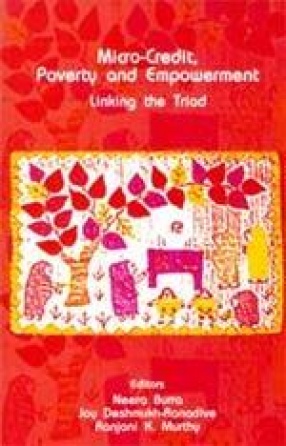
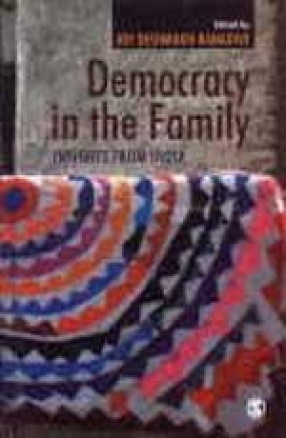

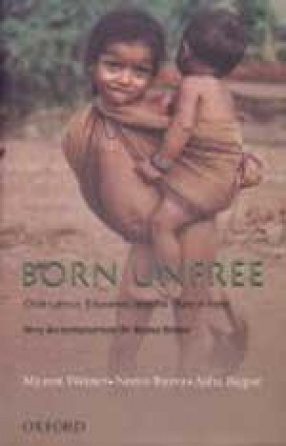
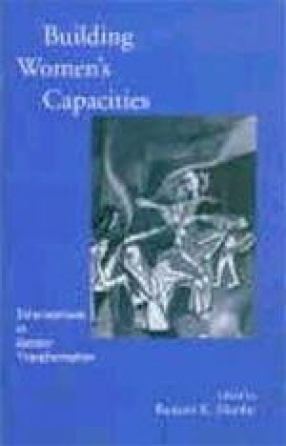
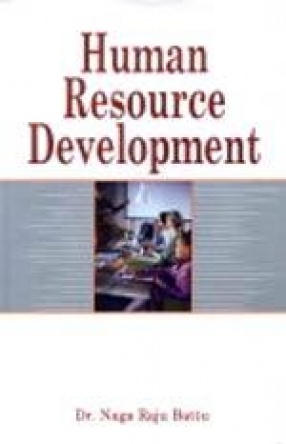
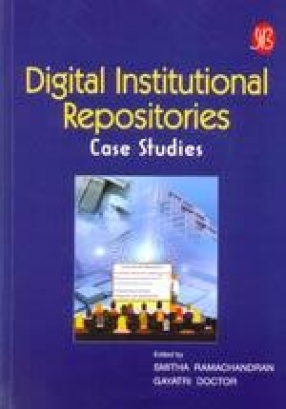
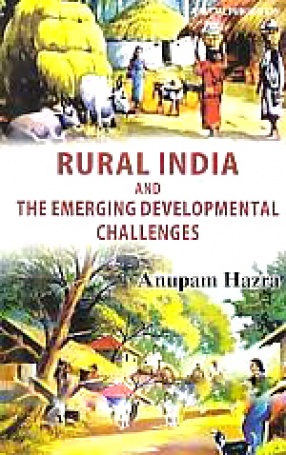
There are no reviews yet.